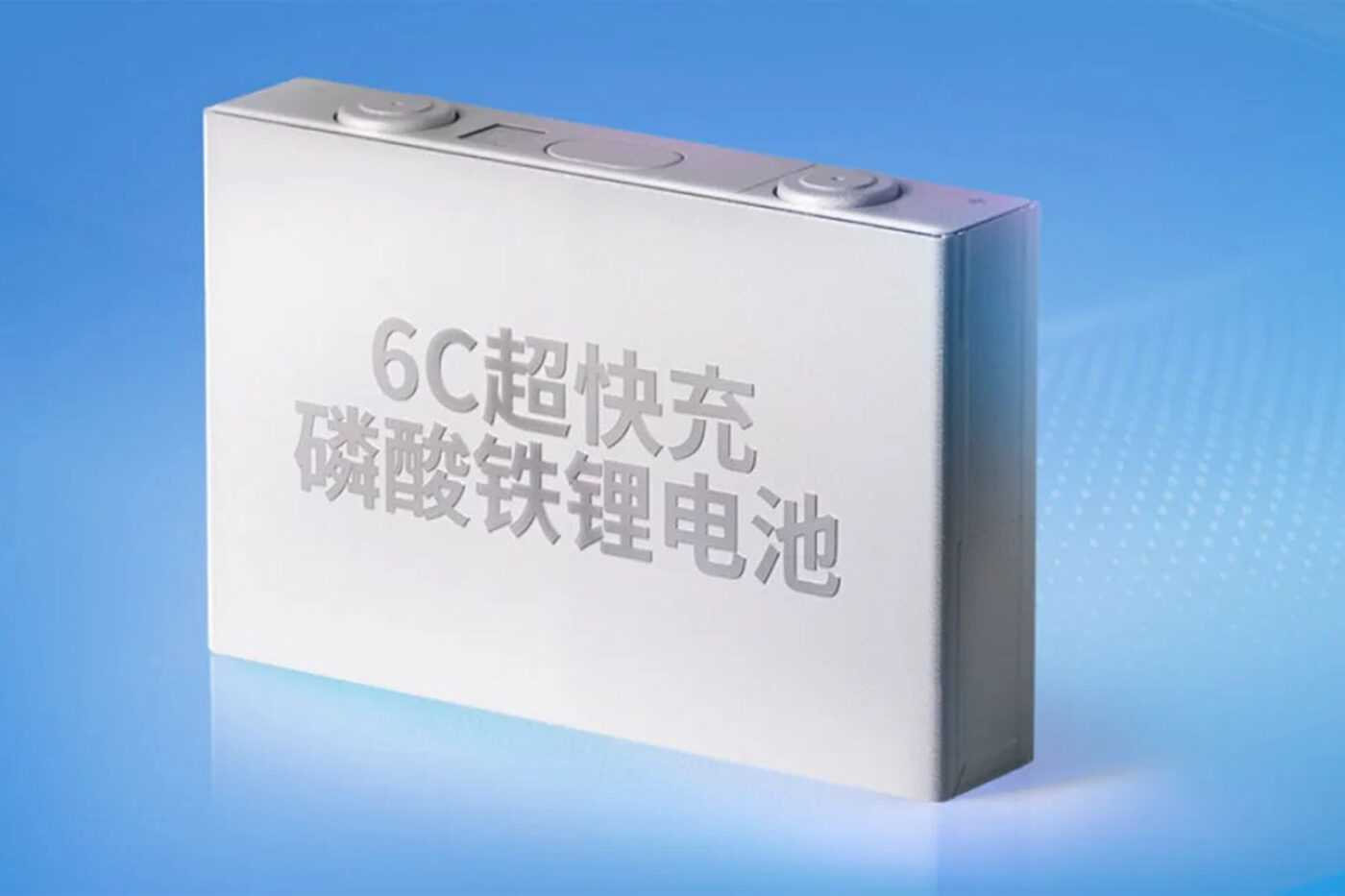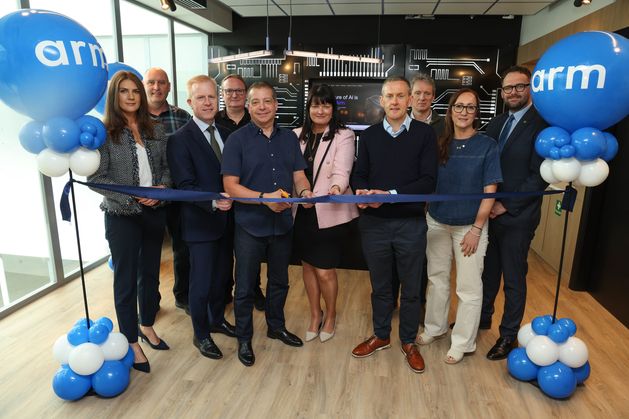Groundbreaking DNA & RNA Tech Arrives in Ireland: Homi Bhabha Centre Leads Cancer Diagnosis Revolution

Dublin, Ireland – The Homi Bhabha Centre in Ireland has launched a pioneering initiative leveraging cutting-edge DNA and RNA-based technologies to dramatically improve cancer diagnosis. This significant advancement promises faster, more accurate, and more comprehensive insights into the genetic complexities of cancer, potentially leading to earlier detection and more effective treatment plans.
At the heart of this revolution lies Next-Generation Sequencing (NGS), a sophisticated molecular diagnostic technology. Unlike traditional methods, NGS allows for the rapid and thorough analysis of both DNA and RNA within a patient’s sample. This capability is crucial because cancer isn't a single disease; it's a collection of diseases, each driven by unique genetic mutations.
Understanding the Genetic Roots of Cancer
For years, scientists have known that cancer arises from alterations in a cell's DNA – these are the mutations. However, RNA also plays a vital role in cancer development and progression. RNA acts as a messenger, carrying genetic information from DNA to the protein-building machinery of the cell. Changes in RNA can also contribute to cancerous growth and spread.
NGS technology allows researchers and clinicians to identify these genetic mutations – both in DNA and RNA – with unprecedented speed and accuracy. This means that doctors can pinpoint the specific genetic drivers of a patient's cancer, rather than relying on broader diagnostic categories.
Benefits of NGS in Cancer Diagnosis
- Faster Results: NGS significantly reduces the time required for genetic analysis compared to older methods.
- Comprehensive Analysis: It examines a vast number of genes simultaneously, providing a more complete picture of the cancer's genetic profile.
- Personalized Treatment: Identifying specific mutations allows for the selection of targeted therapies that are most likely to be effective for a given patient.
- Early Detection: NGS can potentially detect subtle genetic changes associated with cancer risk, enabling earlier intervention.
- Improved Prognosis: A deeper understanding of the cancer’s genetic makeup can help predict its likely course and response to treatment.
The Homi Bhabha Centre's Role
The Homi Bhabha Centre’s investment in this technology underscores Ireland’s commitment to advancing cancer research and improving patient outcomes. By offering NGS-based diagnostics, the centre aims to provide clinicians with the tools they need to deliver more precise and personalized cancer care. This initiative is expected to have a significant impact on cancer diagnosis and treatment across Ireland, offering hope for improved survival rates and quality of life for patients affected by this devastating disease.
The center plans to collaborate with hospitals and research institutions across the country to implement and expand the use of NGS technology, ensuring that its benefits are accessible to as many patients as possible.
This is a momentous step forward in the fight against cancer in Ireland, and the Homi Bhabha Centre is proud to be at the forefront of this exciting new era in cancer diagnostics.






